FTC'S CONDITIONAL APPROVAL OF MERGER
입력 2021.12.30 (15:14)
수정 2021.12.30 (16:52)
읽어주기 기능은 크롬기반의
브라우저에서만 사용하실 수 있습니다.
[Anchor Lead]
The Fair Trade Commission has tentatively approved the merger between South Korea’s two national flag carriers, Korean Air and Asiana Airlines. But the antitrust watchdog attached conditions requiring the airlines to return their rights to use domestic airports or flight licenses on certain routes in which competition will be discouraged by the merger.
[Pkg]
Korean Air and Asiana Airlines are both flying between Incheon and Los Angeles, competing to serve more passengers. But the route will be dominated by a single entity upon their merger. The two companies are operating on some 250 routes, including those run by their affiliates Jin Air, Air Busan and Air Seoul. The FTC believes the merger will virtually curb competition on many of these routes. When passenger flights and cargo deliveries are viewed as different, separate markets. the antitrust regulator concluded that the merger will discourage competition in a total of 119 markets. In order to address these monopolistic concerns, the watchdog devised two measures. First, it ordered Korean Air and Asiana Airlines to return part of landing slots, which refer to airlines’ rights to use domestic airports in a specific time zone. The FTC intends to hand over these returned slots to other airlines and lower the market share to be held by the merged entity. The watchdog also plans to require the two airlines to return some of their flight operation licenses for some international routes and redistribute them to other domestic carriers. But it acknowledged that other airlines are not likely to enter the marker for the time being. As a measure to tackle this problem, the FTC decided to prohibit the two companies from increasing fares and reducing flight operations.
[Soundbite] Kang Seong-jin(KB Securities) : "It is necessary to predict long-term demand and make preparations to run flights. So it will take time for them to enter the market."
In response, Korean Air vowed to closely review the conditions and present its opinions to the watchdog. Once the domestic procedures are concluded, the merger deal must receive regulatory approval from antitrust bodies of seven countries, including the U.S., EU, China and Japan.
The Fair Trade Commission has tentatively approved the merger between South Korea’s two national flag carriers, Korean Air and Asiana Airlines. But the antitrust watchdog attached conditions requiring the airlines to return their rights to use domestic airports or flight licenses on certain routes in which competition will be discouraged by the merger.
[Pkg]
Korean Air and Asiana Airlines are both flying between Incheon and Los Angeles, competing to serve more passengers. But the route will be dominated by a single entity upon their merger. The two companies are operating on some 250 routes, including those run by their affiliates Jin Air, Air Busan and Air Seoul. The FTC believes the merger will virtually curb competition on many of these routes. When passenger flights and cargo deliveries are viewed as different, separate markets. the antitrust regulator concluded that the merger will discourage competition in a total of 119 markets. In order to address these monopolistic concerns, the watchdog devised two measures. First, it ordered Korean Air and Asiana Airlines to return part of landing slots, which refer to airlines’ rights to use domestic airports in a specific time zone. The FTC intends to hand over these returned slots to other airlines and lower the market share to be held by the merged entity. The watchdog also plans to require the two airlines to return some of their flight operation licenses for some international routes and redistribute them to other domestic carriers. But it acknowledged that other airlines are not likely to enter the marker for the time being. As a measure to tackle this problem, the FTC decided to prohibit the two companies from increasing fares and reducing flight operations.
[Soundbite] Kang Seong-jin(KB Securities) : "It is necessary to predict long-term demand and make preparations to run flights. So it will take time for them to enter the market."
In response, Korean Air vowed to closely review the conditions and present its opinions to the watchdog. Once the domestic procedures are concluded, the merger deal must receive regulatory approval from antitrust bodies of seven countries, including the U.S., EU, China and Japan.
■ 제보하기
▷ 카카오톡 : 'KBS제보' 검색, 채널 추가
▷ 전화 : 02-781-1234, 4444
▷ 이메일 : kbs1234@kbs.co.kr
▷ 유튜브, 네이버, 카카오에서도 KBS뉴스를 구독해주세요!
- FTC'S CONDITIONAL APPROVAL OF MERGER
-
- 입력 2021-12-30 15:14:57
- 수정2021-12-30 16:52:48
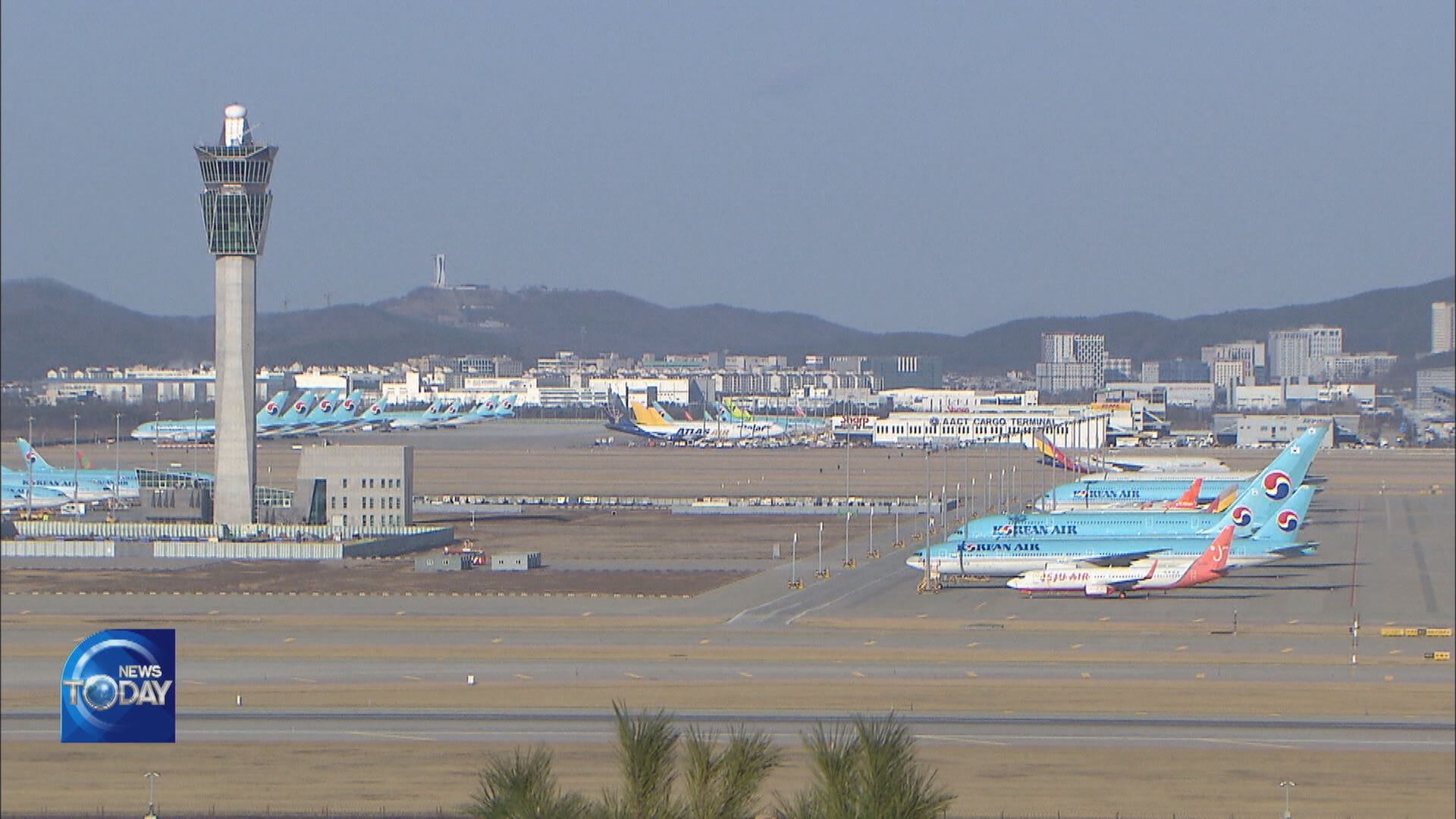
[Anchor Lead]
The Fair Trade Commission has tentatively approved the merger between South Korea’s two national flag carriers, Korean Air and Asiana Airlines. But the antitrust watchdog attached conditions requiring the airlines to return their rights to use domestic airports or flight licenses on certain routes in which competition will be discouraged by the merger.
[Pkg]
Korean Air and Asiana Airlines are both flying between Incheon and Los Angeles, competing to serve more passengers. But the route will be dominated by a single entity upon their merger. The two companies are operating on some 250 routes, including those run by their affiliates Jin Air, Air Busan and Air Seoul. The FTC believes the merger will virtually curb competition on many of these routes. When passenger flights and cargo deliveries are viewed as different, separate markets. the antitrust regulator concluded that the merger will discourage competition in a total of 119 markets. In order to address these monopolistic concerns, the watchdog devised two measures. First, it ordered Korean Air and Asiana Airlines to return part of landing slots, which refer to airlines’ rights to use domestic airports in a specific time zone. The FTC intends to hand over these returned slots to other airlines and lower the market share to be held by the merged entity. The watchdog also plans to require the two airlines to return some of their flight operation licenses for some international routes and redistribute them to other domestic carriers. But it acknowledged that other airlines are not likely to enter the marker for the time being. As a measure to tackle this problem, the FTC decided to prohibit the two companies from increasing fares and reducing flight operations.
[Soundbite] Kang Seong-jin(KB Securities) : "It is necessary to predict long-term demand and make preparations to run flights. So it will take time for them to enter the market."
In response, Korean Air vowed to closely review the conditions and present its opinions to the watchdog. Once the domestic procedures are concluded, the merger deal must receive regulatory approval from antitrust bodies of seven countries, including the U.S., EU, China and Japan.
The Fair Trade Commission has tentatively approved the merger between South Korea’s two national flag carriers, Korean Air and Asiana Airlines. But the antitrust watchdog attached conditions requiring the airlines to return their rights to use domestic airports or flight licenses on certain routes in which competition will be discouraged by the merger.
[Pkg]
Korean Air and Asiana Airlines are both flying between Incheon and Los Angeles, competing to serve more passengers. But the route will be dominated by a single entity upon their merger. The two companies are operating on some 250 routes, including those run by their affiliates Jin Air, Air Busan and Air Seoul. The FTC believes the merger will virtually curb competition on many of these routes. When passenger flights and cargo deliveries are viewed as different, separate markets. the antitrust regulator concluded that the merger will discourage competition in a total of 119 markets. In order to address these monopolistic concerns, the watchdog devised two measures. First, it ordered Korean Air and Asiana Airlines to return part of landing slots, which refer to airlines’ rights to use domestic airports in a specific time zone. The FTC intends to hand over these returned slots to other airlines and lower the market share to be held by the merged entity. The watchdog also plans to require the two airlines to return some of their flight operation licenses for some international routes and redistribute them to other domestic carriers. But it acknowledged that other airlines are not likely to enter the marker for the time being. As a measure to tackle this problem, the FTC decided to prohibit the two companies from increasing fares and reducing flight operations.
[Soundbite] Kang Seong-jin(KB Securities) : "It is necessary to predict long-term demand and make preparations to run flights. So it will take time for them to enter the market."
In response, Korean Air vowed to closely review the conditions and present its opinions to the watchdog. Once the domestic procedures are concluded, the merger deal must receive regulatory approval from antitrust bodies of seven countries, including the U.S., EU, China and Japan.
이 기사가 좋으셨다면
-
좋아요
0
-
응원해요
0
-
후속 원해요
0










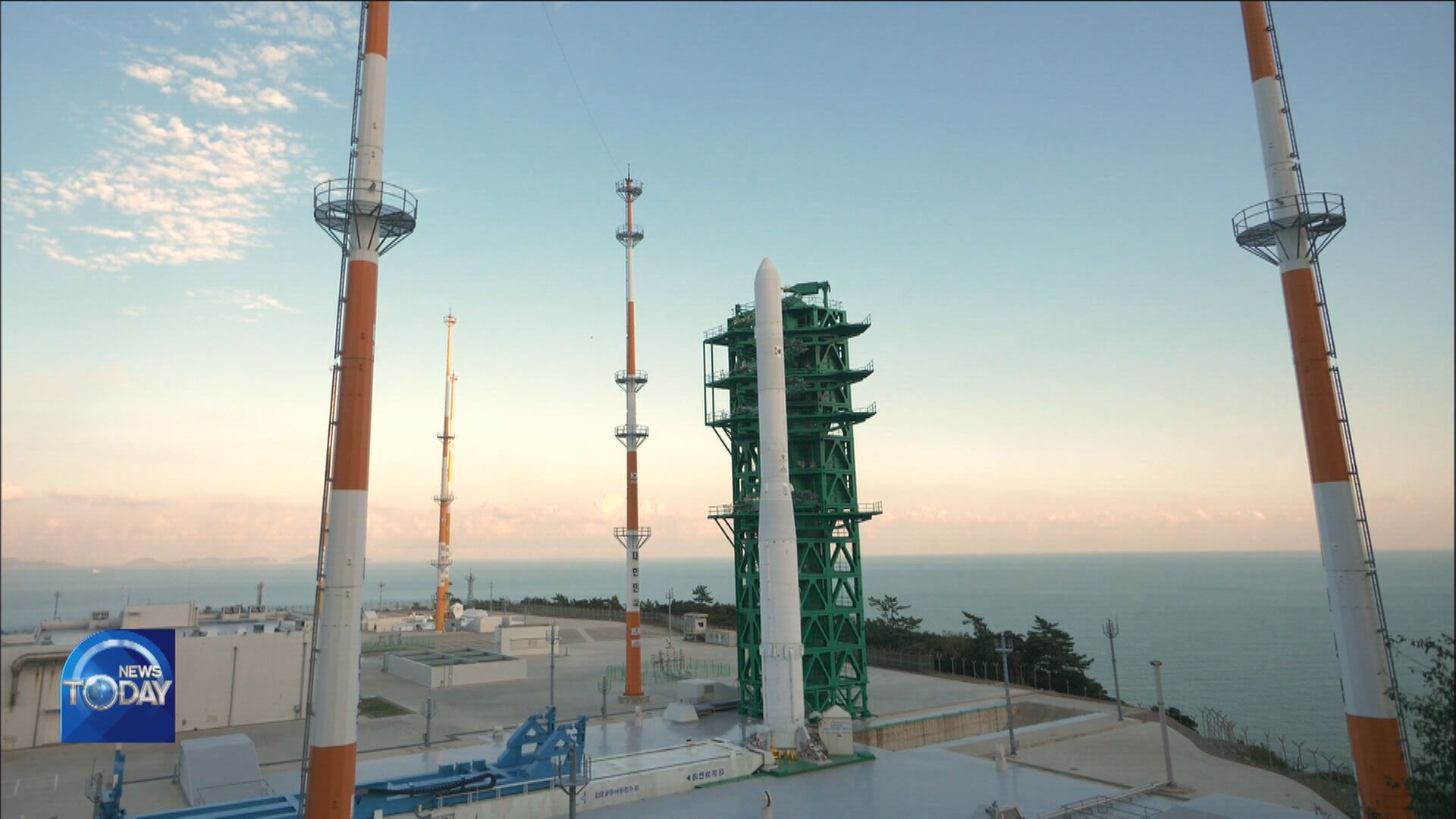
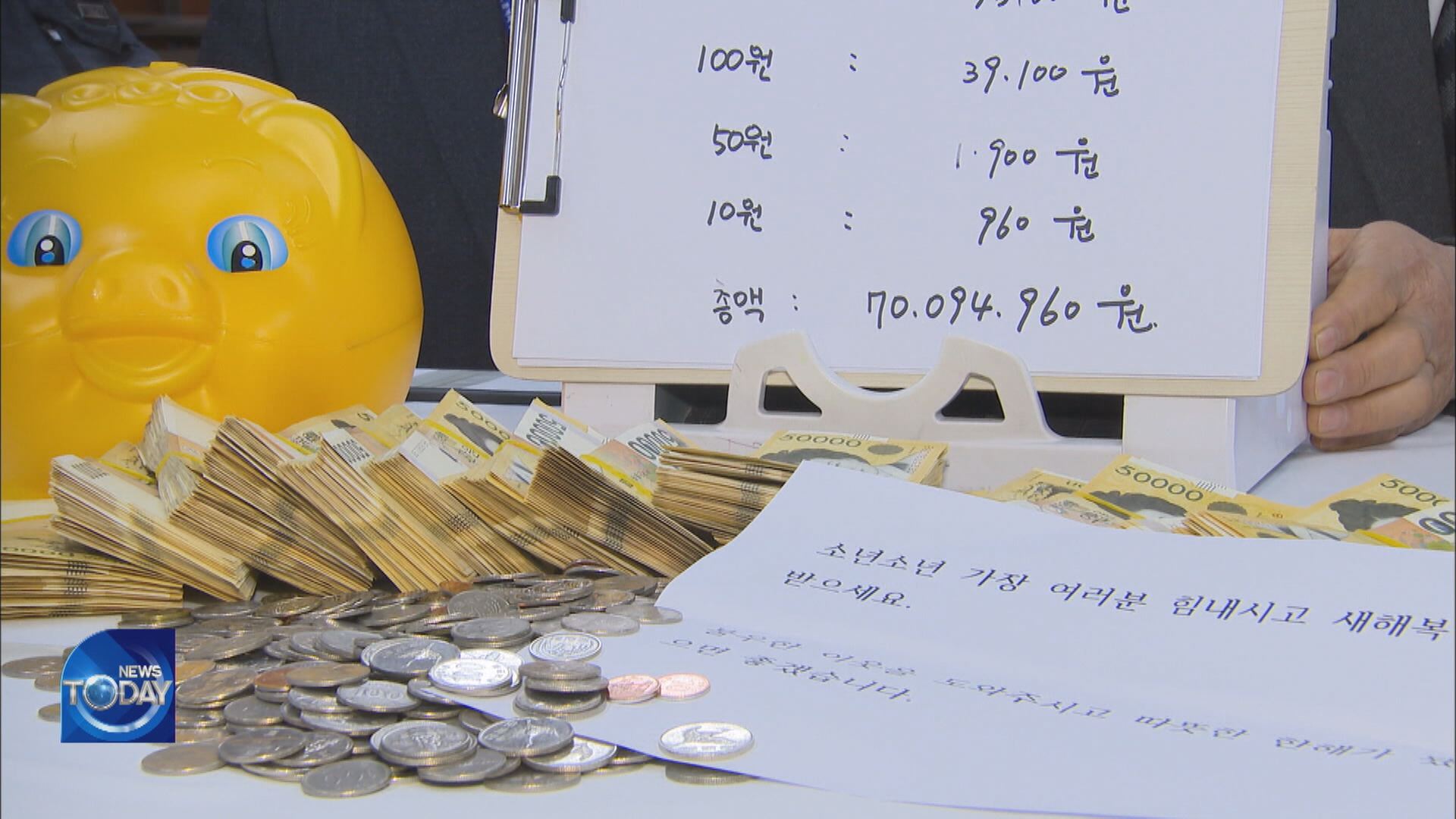
![[단독] 제2의 ‘김건희·이진숙 논란’ 막을까…<br>‘교육부 직권검증’ 입법 추진](/data/layer/904/2025/07/20250713_X3MaMR.jpg)
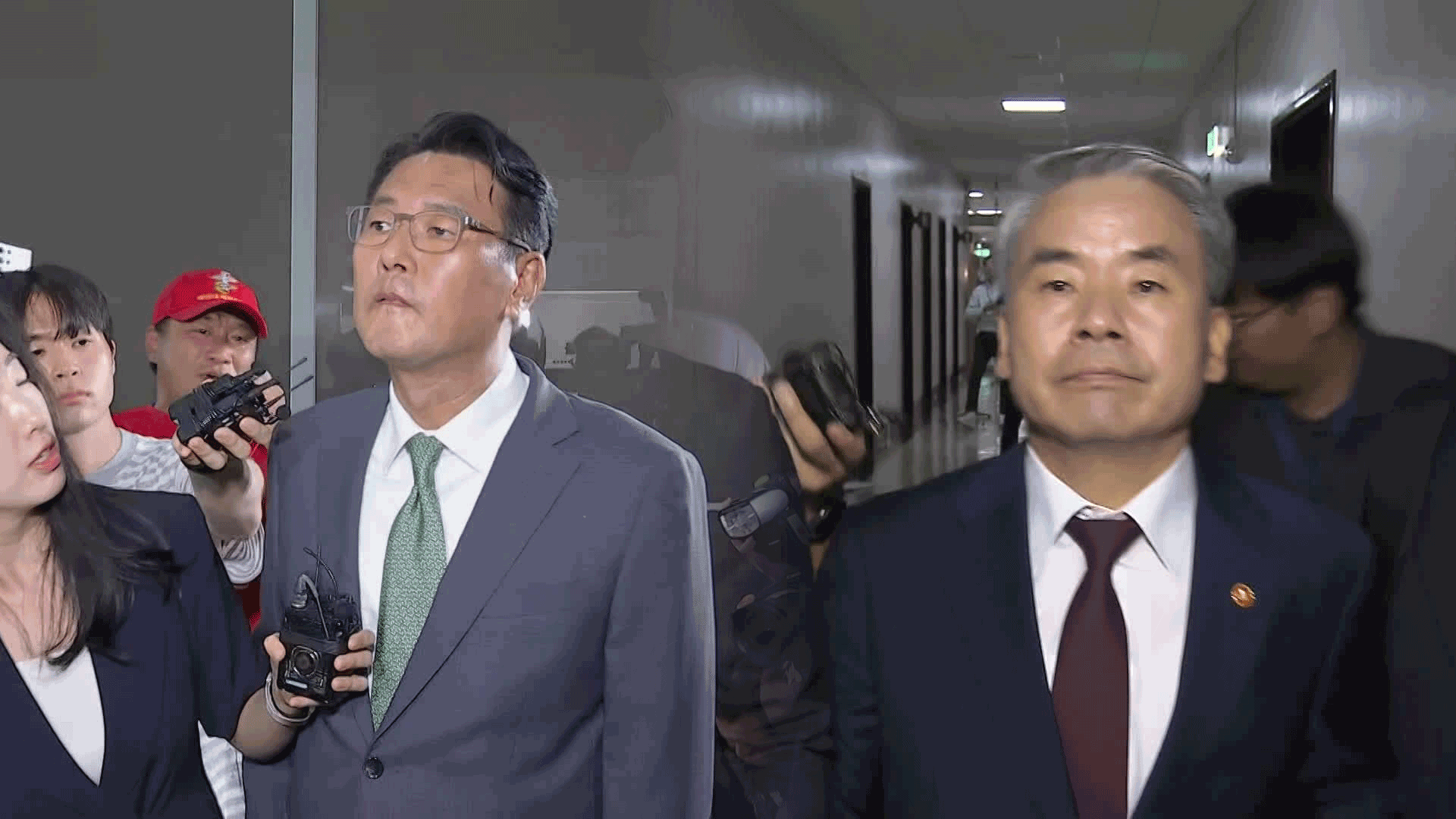
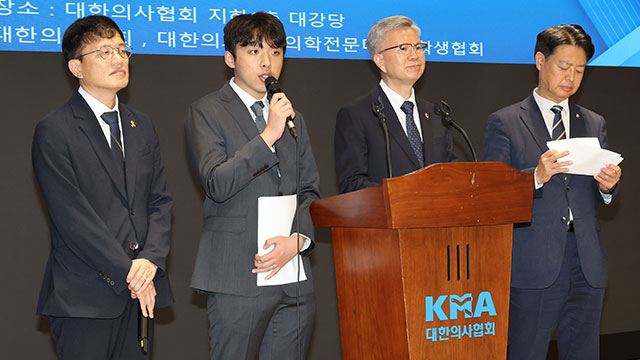
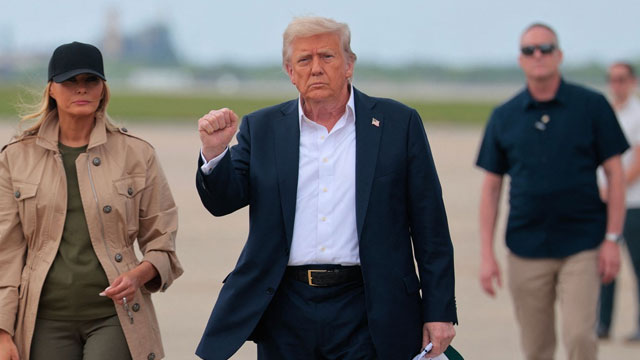

이 기사에 대한 의견을 남겨주세요.